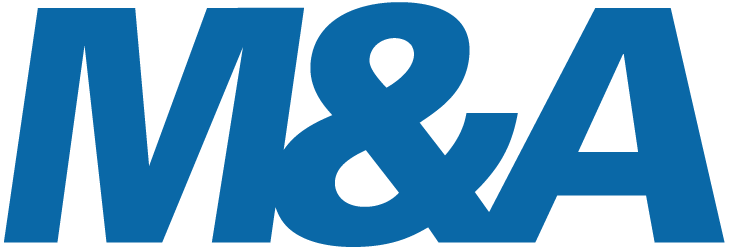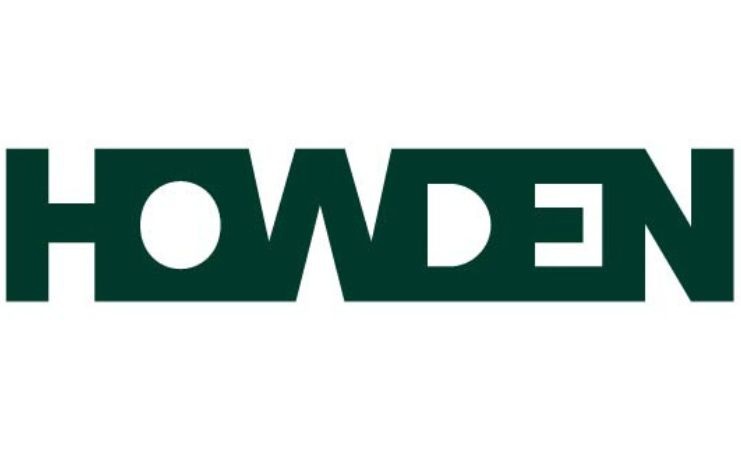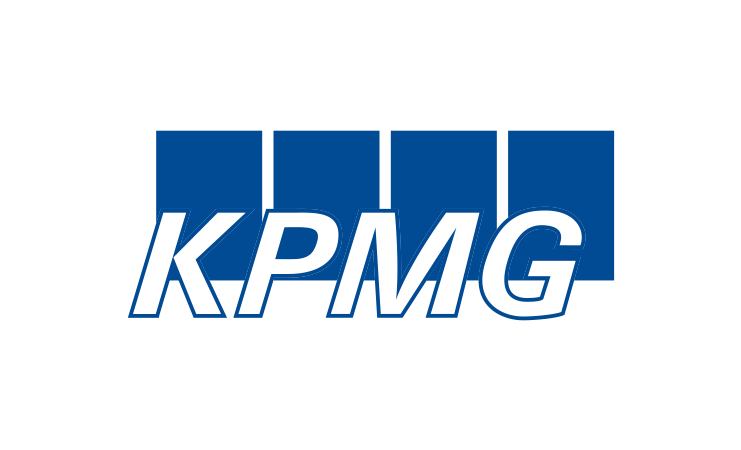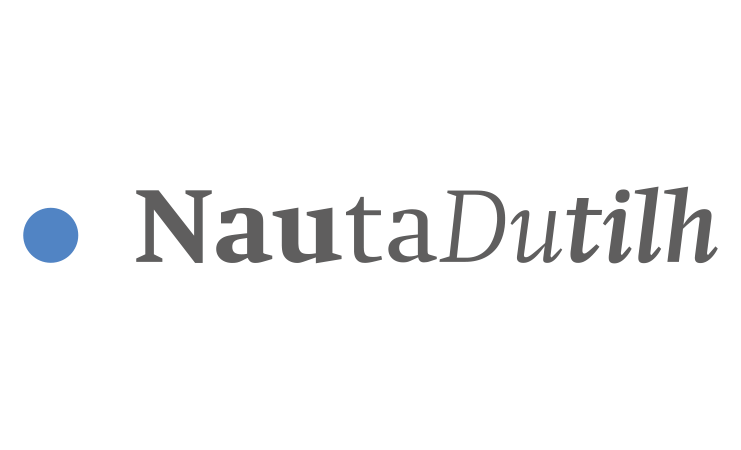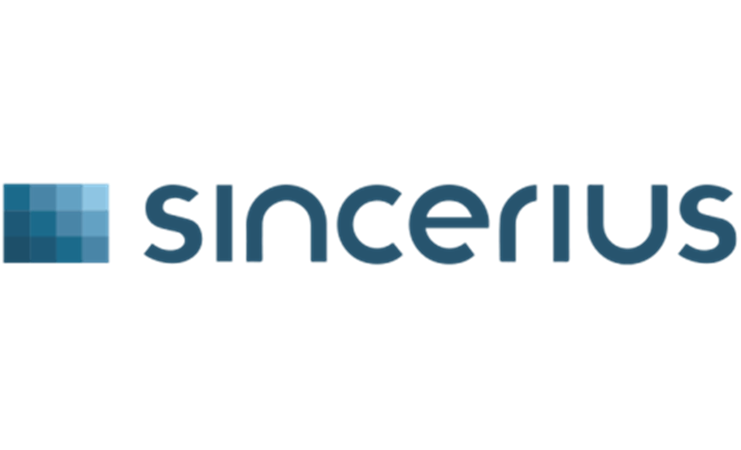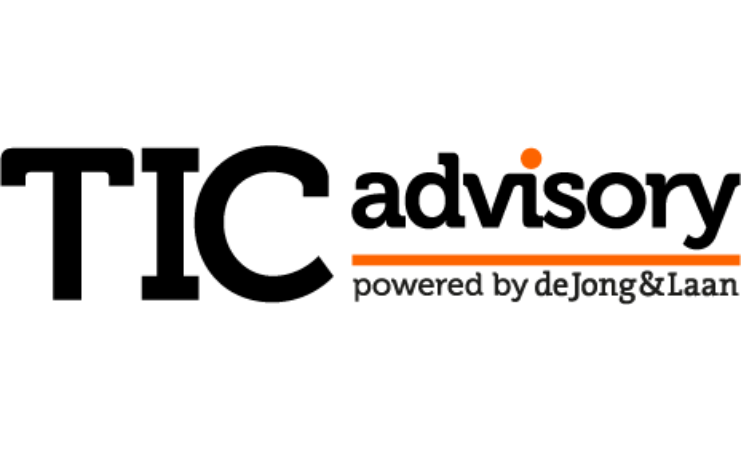VSDV merged with Zandbergen Transport

Stem op deze deal via de stempagina: https://mena.nl/genomineerden-best-small-cap-deal-2024/
Name of the deal: VSDV merged with Zandbergen Transport
Date announced: May 2024
Date closed: May 2024
Published value: Not disclosed. Estimate between €5m and €50m
Buyer(s): SVZ Transport
Target: VSDV andn Zandbergen Transport.
Seller: Family Van Straalen / De Vries and family Zandbergen
Involved firms and advisors
Involved firms and advisors buy side:
Rembrandt M&A HVK Stevens Wijn & Stael Advocaten Zuidbroek notarissen Maverick Advocaten
Involved firms and advisors target:
Rembrandt M&A HVK Stevens Wijn & Stael Advocaten Zuidbroek notarissen Maverick Advocaten
Involved firms and advisors sell side:
Rembrandt M&A HVK Stevens Wijn & Stael Advocaten Zuidbroek notarissen Maverick Advocaten
Pitch
Deal Outline
The merger between VSDV and Zandbergen Transport brought together two well-established family businesses on equal terms, resulting in the rebranding of the combined company as SVZ Transport. On April 30, 2024, Van Straalen de Vries Transport (VSDV) and Zandbergen Transport announced their merger, marking the beginning of a new chapter as SVZ Transport.
This strategic move united two prominent family-owned logistics companies, each renowned for their commitment to sustainability and high-quality service. Their shared values, along with a drive for professional growth and a forward-thinking vision, laid the foundation for this transformative partnership.
Together, they aim to create a logistics powerhouse, ready to set new standards of excellence and innovation. SVZ Transport is poised to strengthen its presence across the Benelux region, as well as northern France and western Germany. With a workforce of over 1,750 employees, a fleet of 1,100 trucks, and approximately 1,800 trailers, the company manages more than 100,000 square meters of storage space spread across 35 locations in the Netherlands. The integration under the SVZ brand is designed to enhance operational efficiency and boost market reach. Following approval from the Dutch Authority for Consumers and Markets (ACM) in mid-May 2024, the merger was finalized, establishing SVZ Transport as a major player in the European logistics industry.
SVZ Transport will run under the leadership of Rober van Straalen and Jos Zandbergen.
About VSDV
Van Straalen de Vries Transport (VSDV) is a significant logistics company in the Netherlands, specializing in a broad range of transportation services. Founded in 2004 through a merger between Van Straalen and De Vries Transport, the company has grown into a major player in the Dutch logistics industry. VSDV operates with over 1,200 employees and a diverse fleet of trucks, offering 100,000 m² of storage space. The company has numerous branches across the Netherlands, providing both national and international logistics solutions.
VSDV focuses on various logistics services, including warehousing, pallet storage, city distribution, and both full truckload (FTL) and less-than-truckload (LTL) transport. The company also operates in cross-docking, air, and sea freight forwarding, ensuring a full-service approach to supply chain management. Its clients come from a variety of industries, such as retail and air freight, demonstrating VSDV’s adaptability in meeting diverse logistical needs.
About Zandbergen
Zandbergen Transport is a Dutch family-owned logistics company specializing in the transportation of soft drinks, foodstuffs, and building materials. It operates from four main offices and has nine additional locations throughout the Netherlands. The company offers a broad range of logistics services, including distribution and warehousing, with a significant presence in the Dutch transport sector. Zandbergen has built a strong reputation for its reliability and quality in handling goods, particularly in food and beverage logistics.
Why This Deal Should Win the Award for Best Deal Small-Cap 2024
The process of achieving an equal merger between VSDV and Zandbergen Transport was far from straightforward. Both companies faced substantial challenges, starting with the complexity of their indicative valuations. As the timeline for the merger became increasingly tight, the intricate corporate structures, minority shareholdings, and differing leasing models (financial vs. operational) made striking a balance between the two parties a task that required exceptional diligence and expertise. Structuring the deal added yet another layer of complexity, with both companies seeking to leverage tax benefits through schemes like the Business Transfer Facility (BOR) to secure long-term advantages for their families.
Despite the mounting pressure, they set an ambitious goal: to complete the entire process in just four months. Yet, what truly made this merger special was not just the technical and financial intricacies—it was the nature of the partnership itself. Equal mergers are a rarity, as such deals typically involve one company acquiring the other, creating a more traditional buyer-seller dynamic. In this case, all advisers worked collaboratively for both parties, cultivating a sense of shared purpose and trust.
This unified approach ensured that interests were balanced and operations integrated smoothly – an essential factor given the tight timeline.
Why does this merger deserve recognition? It stands as a testament to the extraordinary collaboration between two family-owned businesses, both of which have become familiar names on the road, each with a rich heritage and a deep commitment to the logistics industry. Together, they bring forward a legacy of reliability and service that resonates with customers and partners alike.
VSDV, with its 20-year history of offering transport, distribution, and warehousing solutions across a wide range of sectors, has experienced tremendous growth, now boasting a modern fleet of 600 tractor units and multiple locations throughout the Netherlands.
On the other hand, Zandbergen Transport, which traces its roots back to 1939, has established itself as a leader in the transportation of foodstuffs, soft drinks, and building materials, operating 450 tractor units from key strategic locations. Together, these two companies have forged SVZ Transport, a new entity guided by a vision that goes beyond financial metrics. This merger is built on the shared values that have become increasingly vital for success in today’s competitive landscape. Their shared commitment to sustainability, professionalization, innovation, and quality positions SVZ as a significant player in the Benelux, northern France, and western Germany, ready to set new benchmarks for excellence in logistics.
This merger exemplifies the power of strategic collaboration and highlights the potential for creating a stronger, more resilient business by aligning family values with market leadership. It serves as a model for others in the industry, proving that even in a fast-paced, competitive environment, family-run businesses can join forces to create something greater than the sum of their parts. In conclusion, the merger between VSDV and Zandbergen Transport is a remarkable achievement that demonstrates the value of strategic partnerships, especially in the often-challenging landscape of family-owned businesses. It showcases the potential for combining tradition with innovation to create a robust entity that is well-positioned for future success.
SVZ Transport is not just the result of financial negotiations or logistical realignment; it is a new chapter written through mutual respect, shared goals, and a unified commitment to excellence. The journey to merge these two storied companies into a cohesive whole is a testament to the power of collaboration, setting a precedent for how equal partnerships can thrive in a competitive industry. As SVZ Transport looks ahead, it carries forward a legacy built on the strengths of its founders, poised to lead with resilience and integrity in the years to come.
Deal Rationale
Both VSDV and Zandbergen Transport were independently facing similar challenges, including succession planning, investments in sustainability and vehicle fleet modernization, and the need for further scaling and professionalization. By merging, the two companies now have the opportunity to take a collaborative approach to addressing these critical issues. These family businesses have expanded significantly over the past 10 to 20 years, primarily through strategic acquisitions. This steady growth has positioned them as key players in the logistics industry. However, like many companies in the sector, they are navigating evolving market demands, particularly in terms of sustainability and the increasing need for scale.
Extensive discussions with advisors were held to evaluate how best to address these challenges, while ensuring that the interests of both families were properly aligned. The ultimate solution, after careful consideration, was a merger between these two highly respected family businesses.
This merger not only resolves the challenges they faced but also sets the stage for continued growth and innovation as a unified entity.
Impact of This Deal on the Company
The future of both companies is now firmly secured, reinforced by the core values that define this merger: Collaboration, Innovation, and Assurance. A key objective of the merger is to accelerate growth opportunities, which had proven more challenging to achieve independently. Operating under the unified SVZ banner, the companies are now positioned to unlock greater potential across all facets of their operations. Key areas of opportunity include significant investments in sustainable trucks, optimizing logistics to reduce “empty” runs, and further professionalizing their IT systems. The merger will also enable them to attract top-tier talent, enhancing the expertise within the organization. Additionally, the companies will be able to capitalize on synergy benefits, such as lowering fuel procurement costs and reducing lease rates, further solidifying their position as a leading force in the logistics sector.
Impact of This Deal on Direct Stakeholders
Both family-owned companies have made a long-term commitment to this merger, which unlocks significant potential for innovation and growth. The unification of VSDV and Zandbergen Transport under the new SVZ Transport brand will have a substantial impact on various stakeholders. For employees, this merger offers greater job security and expanded career opportunities. As SVZ Transport continues to grow, new roles will emerge, accompanied by enhanced training and development programs. This focus on professional growth aligns with the companies’ shared values, fostering a workplace culture that prioritizes continuous learning and skill development.
Customers will benefit from an enhanced service portfolio and improved operational efficiency. The merger enables investment in sustainable logistics solutions, such as eco-friendly transportation and optimized delivery routes, resulting in cost savings and a reduced environmental impact. With the combined resources and expertise of both companies, customers can expect even higher-quality service and a more reliable, streamlined experience. Suppliers will also see advantages from the increased scale of operations. A larger, more integrated organization will be able to negotiate more favorable terms and streamline procurement processes, leading to cost efficiencies that can be passed on to customers. The merger strengthens the supply chain, allowing SVZ Transport to leverage its collective bargaining power to secure essential resources more effectively.
Impact of This Deal on Society
The merger of VSDV and Zandbergen Transport into SVZ Transport will significantly elevate the sustainability of logistics services. By joining forces, the newly formed company can deliver innovative and eco-friendly transport solutions to major clients, positioning itself as a leader in sustainable logistics.
SVZ Transport is deeply committed to minimizing its environmental impact by prioritizing sustainable practices. These include substantial investments in greener technologies and more fuel-efficient vehicles, with a focus on reducing emissions. These initiatives not only align with the company’s long-term vision but also address the growing concerns surrounding climate change, particularly as the logistics industry remains a significant contributor to greenhouse gas emissions. By driving sustainability, SVZ aims to set a new benchmark for responsible, forward-thinking logistics solutions.
Most Complex Aspect of This Deal
The complexity of the merger of VSDV and Zandbergen Transport into SVZ Transport was driven by time constraints and intricate valuation challenges. The ambition to create an equal partnership added layers of difficulty, particularly as both companies had diverse family stakeholders with varying preferences that influenced the deal’s structure. One of the most significant hurdles was the difference in financial arrangements between both companies. While one operated with operational leases, the other relied on financial leases, creating a major challenge during the valuation process and complicating a full working capital analysis. These structural differences required meticulous negotiation and alignment to ensure that both parties felt their interests were fairly represented in the final agreement. Discrepancies during a merger influence multiple aspects of the integration process.
First and foremost, the distinction between financial and operational leases affects how assets and liabilities are recorded, which can obscure the true financial health of the companies involved. Financial leases are recorded as liabilities on the balance sheet, while operational leases are often treated as off-balance-sheet financing. This disparity complicates the valuation process and adds a layer of complexity when determining the merged entity’s overall worth.
Tax implications further complicate matters. Operational lease payments are typically fully deductible as business expenses, while only the interest portion of financial lease payments qualifies for tax deductions. This difference affects cash flows and tax liabilities, requiring careful restructuring to avoid unexpected financial burdens after the merger is completed. The financial architecture of the new entity had to be carefully designed to harmonize these tax dynamics and ensure long-term stability.
Beyond the technical challenges, integrating companies with different leasing models also poses operational and strategic difficulties. The mismatch in leasing structures can skew financial reporting, creating discrepancies in key performance metrics and making it harder for management to get a clear picture of the company’s overall financial standing. Reconciling these differences required not only sharp financial analysis but also a strategic vision for unifying both firms’ operations and financial systems.
And then there was the human element; the merger’s complexity was compounded by the need to balance the interests of a wide range of stakeholders, especially in family-owned businesses where personal and emotional factors often come into play. Negotiating how to reconcile these differing lease strategies—while preserving the core values and long-term interests of both families—demanded clear communication, trust, and a shared commitment to finding solutions that satisfied all parties. Ultimately, the success of the merger between VSDV and Zandbergen Transport was a testament to the power of collaboration and strategic foresight.
By overcoming these financial and operational challenges, the companies have created a unified entity—SVZ Transport—poised for growth, innovation, and a sustainable future. This merger sets a bold example of how even the most intricate and demanding deals can succeed when shared values, careful planning, and a common vision drive the process forward.
Stemmen is niet meer mogelijk

